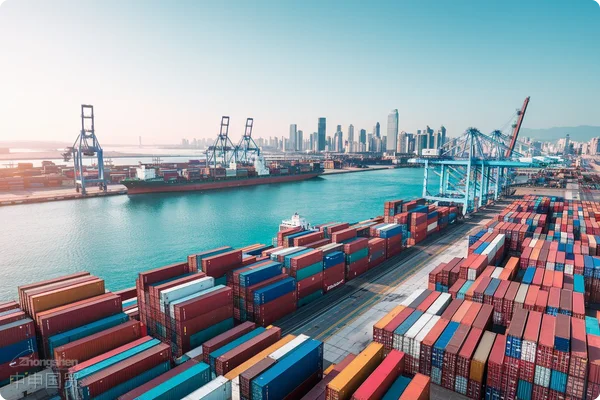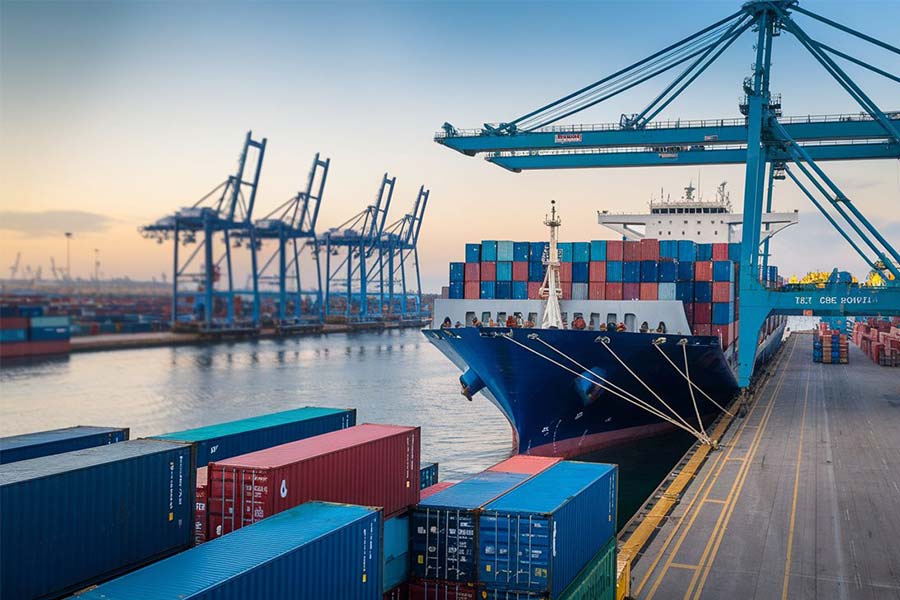- 20 Years of Expertise in Import & Export Solutions
- +86 139 1787 2118

?Export Agency?What exactly is the legal nature of the agreement?
According to Article 919 of the Civil Code and international trade practices, an export agency agreement is essentially classified asEntrustment contract relationship。The agent (trustee) handles export affairs in the name of the principal, and its legal characteristics are as follows:
- The rights and obligations arising from the agency act shall directly belong to the principal.
- The agent collects service commissions rather than earning profits from product price differences.
- The client retains ownership of the goods and decision-making authority over transactions.
What is the essential difference between an exclusive agent and a non-exclusive agent?
Special attention should be paid to the type of agency in determining the nature of the agreement:
- Exclusive agencyExclusive:
- The client shall not operate independently or entrust a third party within the agreed area/period.
- The agent must meet the minimum performance targets (commonly seen in electromechanical).?Equipment Export?Trade dispute settlement mechanisms
- Non-exclusive agencyGreater emphasis on flexibility:
- The entrusting party reserves the right to operate independently (a common model for small and medium-sized enterprises).
- There is no regional protection clause for the agent (suitable for the fast-moving consumer goods industry).
How is the risk allocation defined in the agency agreement?
According to the latest 2025 edition of the Incoterms? rules, risk allocation should focus on three dimensions:
- Risk of goods: The demarcation point is usually the delivery to the carrier (refer to FCA terms).
- Commercial risks:Losses caused by the buyer's breach of contract shall be borne by the client.
- Operational risks: The party at fault shall be responsible for documentation errors, customs clearance delays, etc.
Practical Case: A chemical company experienced a delay in shipment due to the agent's omission in reporting hazardous chemical labels. Ultimately, based on Clause 7.3 "Document Review Obligations" of the agreement, the agent was held liable for 80% of the penalty.
What legal pitfalls should the client pay special attention to?
According to international trade arbitration cases from 2023 to 2025, common cognitive biases include:
- Mistakenly regarded the agent as the transaction party (actually an intermediary service provider).
- ConfusionResponsibility for Payment Collection(The entrusting party shall always be the obligee of the receivables.)
- OverlookingOwnership of Intellectual Property RightsTerms (Particularly Concerning ODM Projects)
Eight Essential Elements to Clearly Define in an Agency Agreement
Based on twenty years of practical experience, it is recommended to focus on the following key agreements:
- Agency Area and Term (Recommended Settings)Market Development Betting ClauseTrade dispute settlement mechanisms
- Commission Calculation Method (Tiered Commission is More Motivational)
- Dispute resolution mechanism (recommended to stipulate the Singapore International Arbitration Centre)
- Compliance Commitment (must include the latest ESG and carbon tariff clauses)
- Customer Ownership Rules (Recommended SettingsCustomer protection periodTrade dispute settlement mechanisms
- Exchange Rate Fluctuation Handling Plan (Dynamic Pricing Mechanism Recommended for 2025)
- Scope of Force Majeure (Cybersecurity Incidents Must Be Specifically Included)
- Termination Conditions of the Agreement (Recommended SettingsTransitional provisionsTrade dispute settlement mechanisms
Special Notice: The "Cross-Border Data Flow Management Measures" effective in 2025 require that agency agreements must includeData Sovereignty ClauseIt is recommended that the client conduct a legal compliance review in advance.
Core business
Contact Us
Email: service@sh-zhongshen.com
Recommended for You
Contact via WeChat

? 2025. All Rights Reserved.









